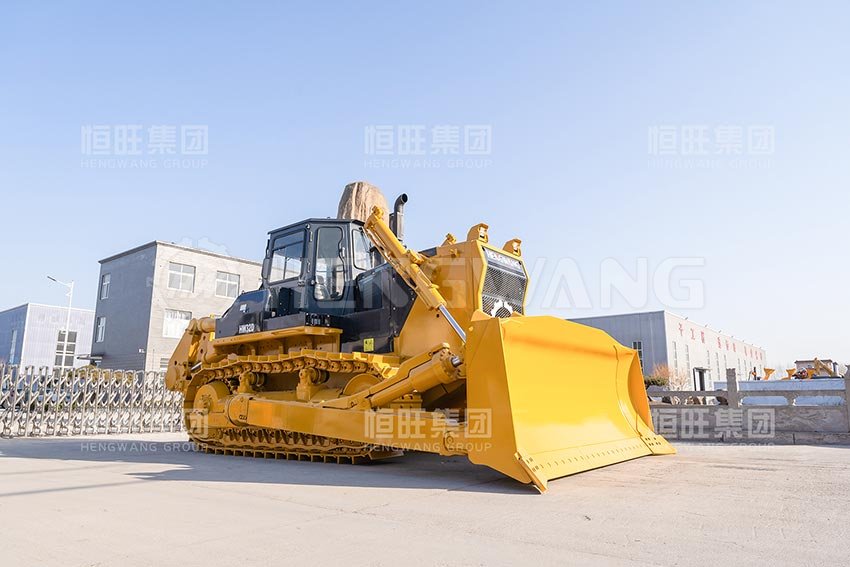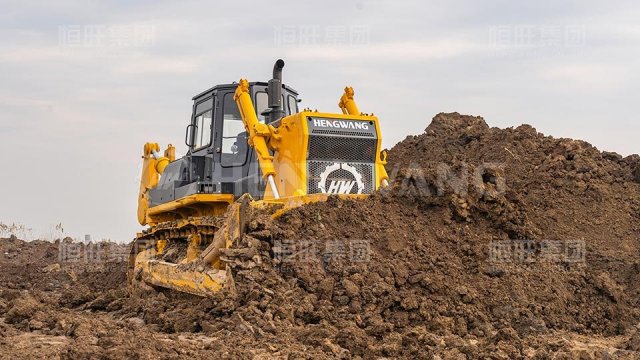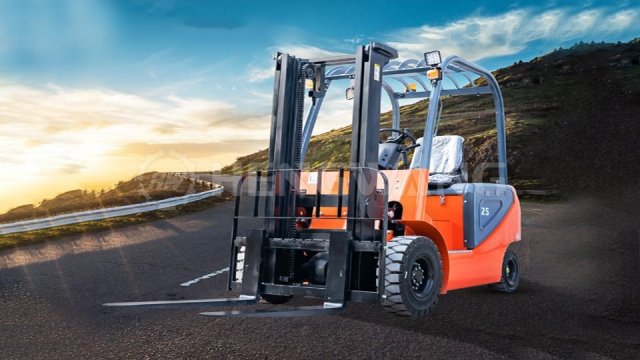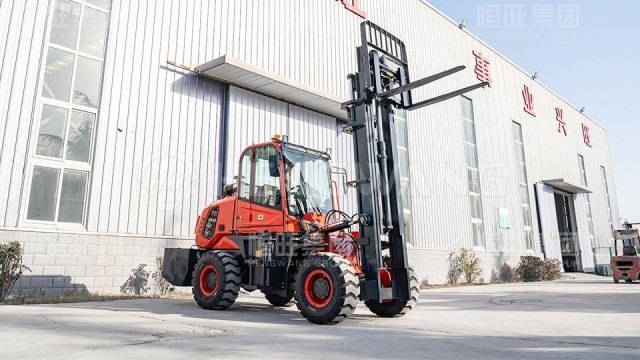In scenarios such as forestland clearing, timber transportation, and forest fire prevention, selecting the right equipment is crucial for improving efficiency. "How to choose a bulldozer for agriculture" has become a key question for many practitioners, as the complexity of forestry operations places high demands on the terrain adaptability and functional diversity of equipment. This article analyzes how to choose a bulldozer for agriculture from the dimensions of scenario adaptation and performance parameters to help you match efficient equipment.
1. Clarifying Operational Needs is the First Step in "How to Choose a Bulldozer for Agriculture"
Different forestry scenarios have significantly different requirements for equipment, which is the basis for answering "how to choose a bulldozer for agriculture":
If forestland clearing is the main task, focus on the bulldozer’s blade width (recommended ≥3 meters) and crushing capacity to ensure quick removal of miscellaneous trees and shrubs.
If timber transportation is the focus, it is necessary to adapt to attachments such as log grapples. At this time, "how to choose a bulldozer for agriculture" needs to prioritize hydraulic system compatibility and load-bearing capacity. - For mountain forestland operations, the core of "how to choose a bulldozer for agriculture" is terrain passability. Choose models with four-wheel drive and wide tracks to avoid getting stuck.
2. Performance Parameters are the Core Basis for "How to Choose a Bulldozer for Agriculture"
Answering "how to choose a bulldozer for agriculture" requires focusing on the following parameters:
Power Output: The engine power is recommended to be ≥160 horsepower to ensure sufficient power during heavy-duty bulldozing or climbing, which is the basis for the efficient operation of agricultural bulldozers.
Ground Pressure: ≤0.15MPa can reduce rolling damage to forestland surfaces. In wetland or soft soil operations, this parameter is a key indicator for "how to choose a bulldozer for agriculture".
Attachment Adaptability: Hydraulic interfaces need to be standardized to support quick replacement of logging blades, log grapples, etc. Flexibility in coping with multiple scenarios is an important consideration in "how to choose a bulldozer for agriculture".
3. Maintenance and Safety are Long-term Guarantees for "How to Choose a Bulldozer for Agriculture"
"How to choose a bulldozer for agriculture" depends not only on performance but also on long-term reliability:
Choose models with cab protective nets and engine dust-proof designs to reduce damage to equipment from forestland gravel and fallen leaves.
Vulnerable parts (such as tracks and blade edges) need to be wear-resistant and easy to replace to reduce later maintenance costs, which is an indispensable detail in "how to choose a bulldozer for agriculture".
Hengwang Group Bulldozers: A Reliable Choice for Forestry Operations
Hengwang Group’s bulldozers are specially optimized for forestry scenarios, perfectly responding to the core needs of "how to choose a bulldozer for agriculture". Its models cover 160-220 horsepower, with ground pressure as low as 0.12MPa, adapting to complex terrains such as mountains and wetlands; the hydraulic system is compatible with the full range of agricultural attachments, enabling smooth switching between blades and log grapples. The equipment is equipped with reinforced protective nets and wear-resistant components, making maintenance convenient. Relying on 24-hour after-sales support, it ensures uninterrupted forestland operations.
Take Action Now: Leave your operation scenario to get a customized plan for "how to choose a bulldozer for agriculture". The Hengwang technical team responds within 24 hours! Mastering the skills of "how to choose a bulldozer for agriculture" turns forestland operations from inefficient problems into efficient routines. Hengwang bulldozers escort forestry operations.

 Road Leveling Bulldozer: The Core Guarantee for Efficient Road Construction
Road Leveling Bulldozer: The Core Guarantee for Efficient Road Construction
 Off-Road Forklifts_ A Powerful Assistant for Complex Field Operations
Off-Road Forklifts_ A Powerful Assistant for Complex Field Operations
 High-Load Off-Road Forklift: A Powerful Tool for Heavy-Duty Operations in Complex Environments
High-Load Off-Road Forklift: A Powerful Tool for Heavy-Duty Operations in Complex Environments